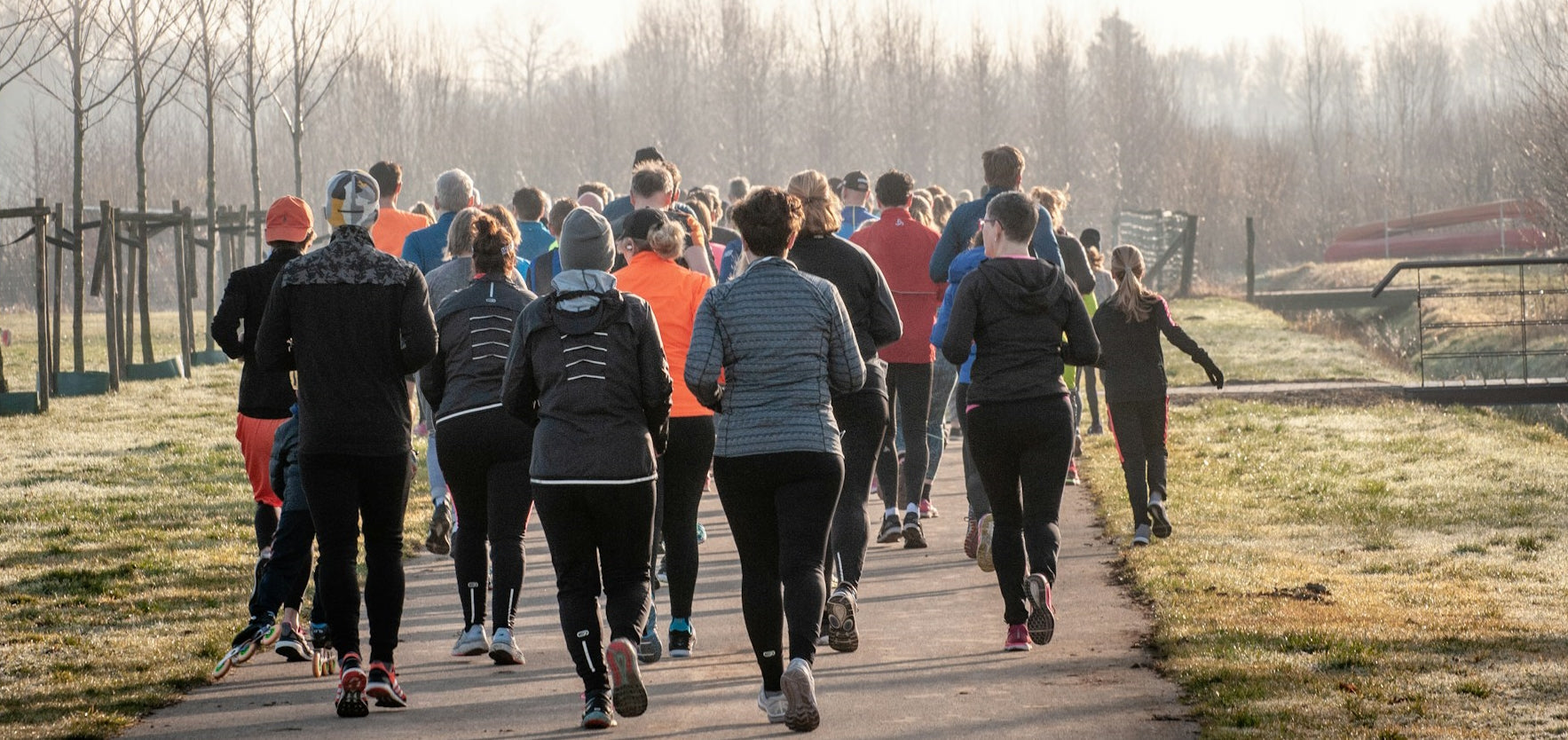
Can exercise re-wire your brain?
On Your Feet Soldier!
How long were you in a chair today? Whether it's hours in front of the computer, meetings that stretch for what feels like days, or just lounging at home during a Netflix binge, our modern lifestyles involve a lot of sitting. But what if something as simple as moving your body could improve your physical health and transform your brain?
Can Exercise Re-Wire Your Brain?
A recent study conducted at the University of Ontario has shed light on an intriguing aspect of our brains called neuroplasticity, which might just be the key to understanding how exercise benefits more than just our waistlines. Neuroplasticity refers to the brain’s remarkable ability to reorganise itself by forming new neural connections throughout life. This capability allows the brain to recover from injuries, adapt to new learning experiences, and overcome emotional hurdles like depression.
The Ontario study explored how exercise can foster this adaptability not only in healthy individuals but also in those grappling with depression. The researchers focused on the hippocampus—a seahorse-shaped area nestled deep within the brain that is pivotal for forming, organising, and storing memories. Over an eight-week exercise program, significant changes were observed in the hippocampus, suggesting an enhancement in both its structure and function. This transformation boosted brain function and mental health.
A Grey Matter Work-Out
Interestingly, the benefits of exercise weren’t just about enhancing memory or cognitive skills per se, but more about making the brain operate more efficiently. After participating in regular physical activity, study participants showed decreased hippocampal activity during memory tasks. This means the brain didn’t have to work as hard to perform at the same level—a sign of increased neural efficiency.
Get Moving for a Mood Boost
The study noted marked improvements in mood linked to these changes in brain activity, underscoring exercise as a powerful tool for mental health. The findings not only highlight the importance of regular physical activity as a complement to traditional therapies for depression but also emphasise its role in fundamentally enhancing the brain's structure and functionality. This makes regular exercise an essential, though often underestimated, component in maintaining and enhancing not just physical but also mental health.
Get Fit for Cognitive Function
Recent research is unveiling more about how regular exercise profoundly impacts cognitive function too. This encompasses not just the ability to think more clearly but also enhances the efficiency of how our brains operate on a daily basis.
The Cognitive Benefits of Exercise
Exercise has a dynamic effect on the brain, particularly within significant networks that govern our thinking, focus, and problem-solving abilities. These include the frontoparietal, dorsal attention, and default mode networks—areas of the brain instrumental in managing our cognitive processes. According to recent findings, physical activities can initiate functional activation changes in the left parietal lobe, an area linked with cognitive processing. This suggests that regular exercise makes the brain more efficient, allowing it to perform cognitive tasks with less effort.
A Brain Boost Whatever Your Age
The benefits of exercise on cognitive function vary with age. In individuals under 35, exercise appears to enhance cognitive flexibility by impacting broader areas across the right hemisphere. For those aged 35 and above, the benefits seem more localized, particularly enhancing efficiency in the left parietal lobe. Additionally, the duration of exercise interventions plays a role. Shorter programs (less than 12 weeks) are linked to immediate improvements in memory and attention, while longer durations (12 weeks or more) sustain effects on attention and cognitive control networks.
What Exercise can do for You
When exercise improves efficiency in the left parietal lobe, several cognitive benefits emerge:
- Improved Problem Solving: Enhanced efficiency in this brain area aids in better numerical reasoning and spatial information manipulation, thus boosting problem-solving capabilities.
- Enhanced Linguistic Abilities: The left parietal lobe is crucial for processing language. As exercise improves efficiency here, it can lead to better language comprehension and communication skills.
- Faster Information Processing: More efficient functioning in this region helps speed up the processing of visual and tactile information, which translates to quicker responses and better coordination.
Long Term Cognitive Benefits of Exercise
Regular physical activity also enhances the functioning of crucial brain networks involved in attention and cognitive control:
- Attention Networks for focus and flexibility: These include the Dorsal Attention Network (DAN), responsible for goal-oriented attention focus, and the Ventral Attention Network (VAN), which manages involuntary attention shifts in response to new or unexpected stimuli.
- Cognitive Control Networks for planning and staying on track: This network is vital for maintaining and updating goals, planning, decision-making, and behaviour regulation, primarily involving areas in the frontal and parietal cortex.
Improvements in these networks through regular exercise enhance cognitive flexibility, improve attentional control, and expand overall mental capacity. This makes not just daily tasks but also complex challenges more manageable, allowing us to navigate life's demands with greater ease and efficiency.
Through these intricate and profound impacts on the brain, regular exercise emerges as a cornerstone of cognitive health and functionality. So whether it’s a walk after lunch, hitting the gym, or just giving your glutes a little less time in the love seat, getting your heart pumping is a great way to bio-hack your brain.
For more brain boosts, bio-hacks and top tips for health and wellness, check out our journal. Need a boost before you break a sweat? Black has you covered. Feeling creative? We’ve got a tonne of cocktail ideas here and over at our TikTok & Instagram.

